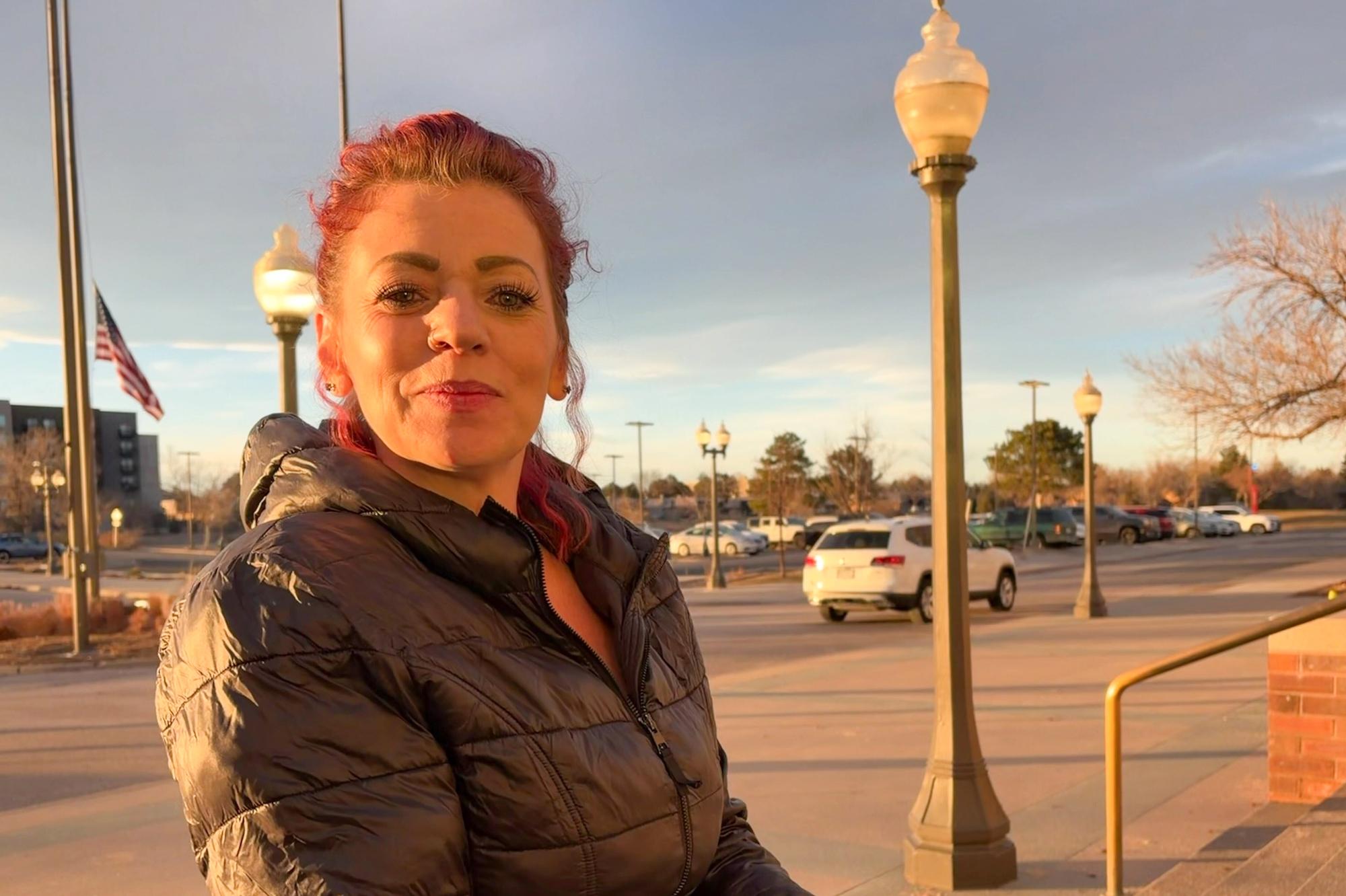
Residents in parts of Northern Douglas County will have to cut down on outdoor water use through the summer.
The Centennial Water and Sanitation District has issued Stage 1 water restrictions for the first time in 20 years. The restrictions limit which days people can water outside, and the district says it will increase monitoring and enforcement of rules that were already in effect to ban watering during the hottest part of the day.
Centennial Water and Sanitation General Manager Sam Calkin said there is less water in the district’s reservoirs due to the lower-than-average flows on the South Platte River over the past three years.
“What that does over time is it dries up soil. Most of the flows from that river are from snowmelt in the spring,” Calkin said. “Even though we’ve had average snowfalls at least this past winter, a lot of that water is absorbed by the soil and doesn’t make it into the South Platte River.”
The South Platte River provides 85 percent of the district’s water. Calkin said the river’s flow is 65 percent of what it is normally for this time of the year.
The district has issued drought watches over the years, which are less strict than Stage 1 drought restrictions. The last time the district got to this level of severity was in 2002.
The Highlands Ranch Metro District and community associations are asked to reduce water consumption by 20 percent. Calkin said those public entities may water on different days than the general public, so people shouldn’t be concerned if they see watering happening off schedule.
Earlier this year, Douglas County considered a plan to use federal COVID relief funds to pump farm water 200 miles from the San Luis Valley. Douglas County is the second fastest-growing county in the state and commissioners say they need to add a robust, sustainable water supply to support that growth. Commissioners eventually voted against the plan after attorneys said water export isn’t eligible for federal COVID relief funds, but talks are ongoing.
Still, Calkin said that proposal won’t affect his water district.
“Highlands Ranch has been around for about 40 years and we’ve been very proactive in securing water resources that include water off the South Platte, reservoir storage, and a well field that we use to get 15 percent of our water in an average year,” Calkin said. “So, we have sufficient resources from those sources to supply Highlands Ranch.”
The district also covers Solstice, and Northern Douglas County Water & Sanitation District.
In addition to limiting outdoor watering, the Centennial Water Board of Directors may raise rates for people who use more than their allotted water. They expect to vote July 27. The water budgets are based on lot size and how much consumption it takes to maintain Kentucky bluegrass in that part of Colorado — a thirsty kind of grass that Colorado will incentivize people to rip out.
Calkin said about 15 percent of customers in his district go over budget in an average month.
“Those consumers who continue to go over their budget would see a rate increase. But for the vast majority, as long as you stay under that budget, you won’t see a rate increase,” Calkin said
If approved, the new rates will take effect Aug. 1. The Centennial Water and Sanitation District has the authority to issue citations and fines for violating the restrictions.
But, Calkin said it's more about conservation than enforcement.
“We’re all in this together. We want to be part of the solution as much as we are kind of the enforcement of Stage 1 drought restrictions,” Calkin said.
Yet, the district is asking residents to notify staff if they see sprinklers running or leaks in irrigation systems.









